(ECNS) -- China's first National Ecology Day was marked across the country on Tuesday.
On Aug. 15, 2005, Xi Jinping, then Party Secretary of Zhejiang Province, visited Anji County in Huzhou City. He proposed the "lucid waters and lush mountains are invaluable assets" concept during a visit to Yucun Village.
The concept of ecological civilization has gradually gained popularity since then.

Ecological civilization was enshrined in the Chinese constitution in 2018 and embedded in the master blueprint of national development.
The Standing Committee of the National People's Congress, the country's top legislature, designated Aug. 15 as National Ecology Day, on June 28 this year.
The establishment of the National Ecology Day is an epitome of China's legislative protection of ecological civilization.
According to statistics, China has more than 30 laws on ecological and environmental protection, more than 100 administrative regulations and 1,000 local regulations concerning ecological and environmental protection.
This legal system includes specialized laws for pollution prevention and control related to air, water, soil, solid waste, noise, radiation, and more.
Beijing opened its first tribunals dedicated to handling lawsuits related to environment protection on Monday, a move to advance the concept of ecological civilization using the rule of law.
In Shanghai, domestic and international ecological and environmental artists showcased over a dozen ecological cultural artworks through performances, installations, and handicrafts, to spread the concept of ecological civilization.

In Qingdao, Shandong Province, various activities were carried out, including an environmentally-friendly fashion show, visits to art exhibitions, and fan painting. These events aimed to further enhance public awareness of ecological civilization, foster a sense of responsibility among young people to protect the ecological environment, and promote a low-carbon lifestyle as a trend.
A hundred academicians jointly advocated developing new paradigms for "environment +" disciplines, and enhancing the social service capabilities of these disciplines.
The academicians also advocated for innovative research organizational models to accelerate the formation of a complete innovation chain and promote self-reliance in low-carbon technology throughout the entire process.
They proposed to support Global Development Initiatives, launch joint actions to protect the Earth, and collaborate in building a clean and beautiful world.










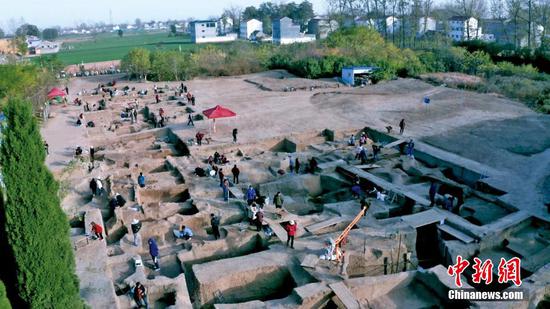






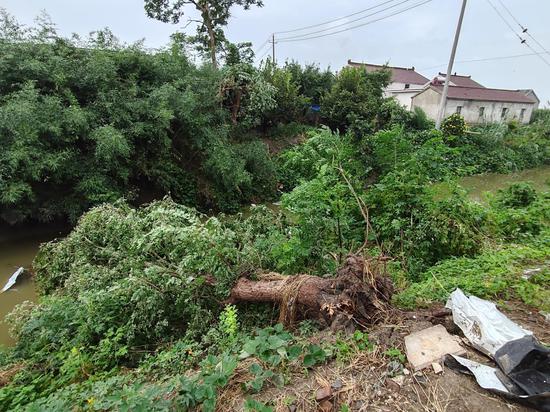

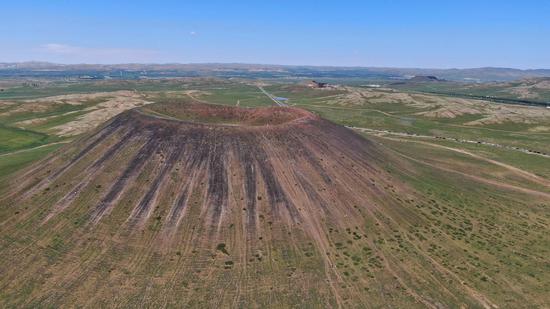





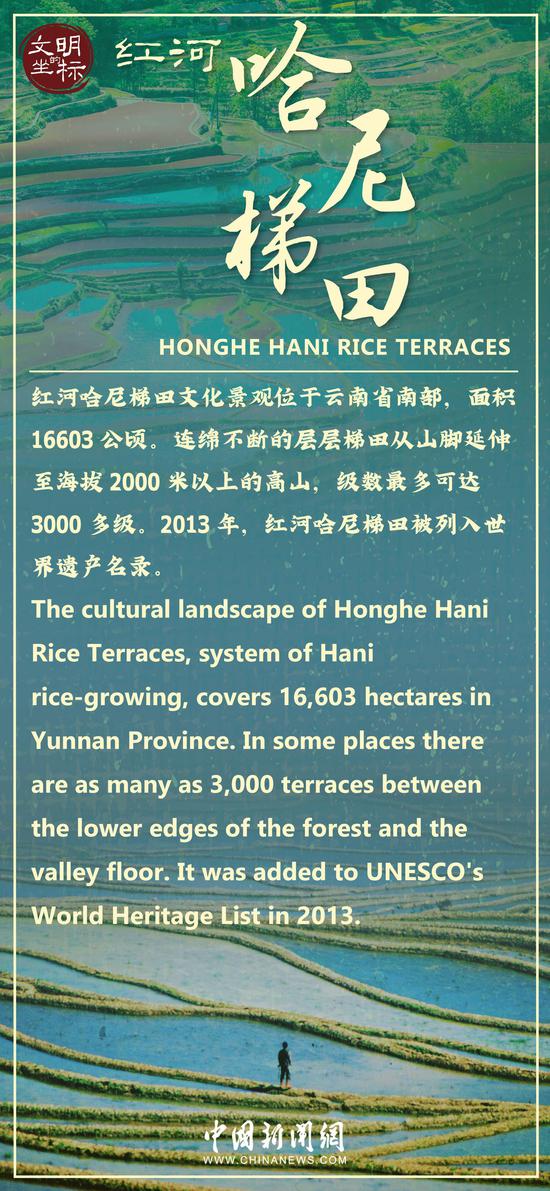




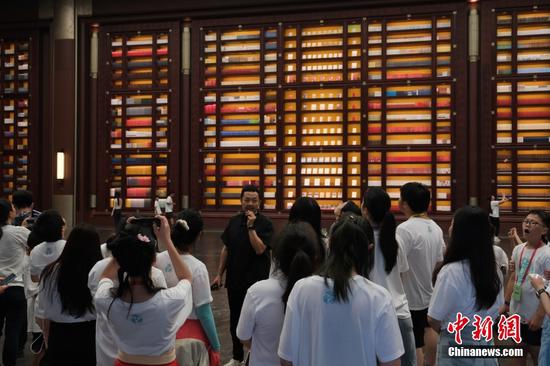








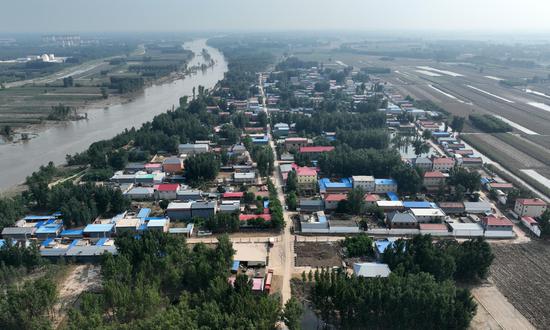
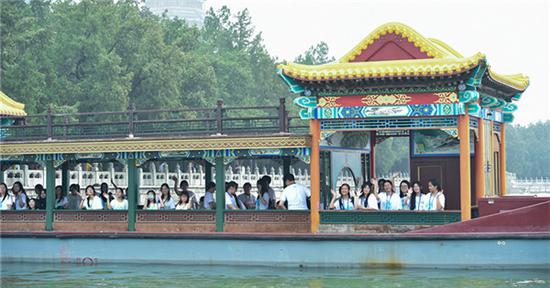




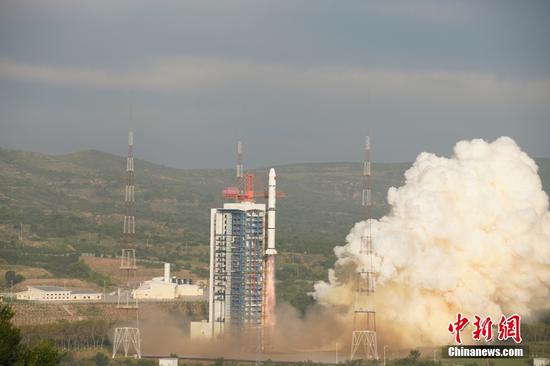





 京公网安备 11010202009201号
京公网安备 11010202009201号